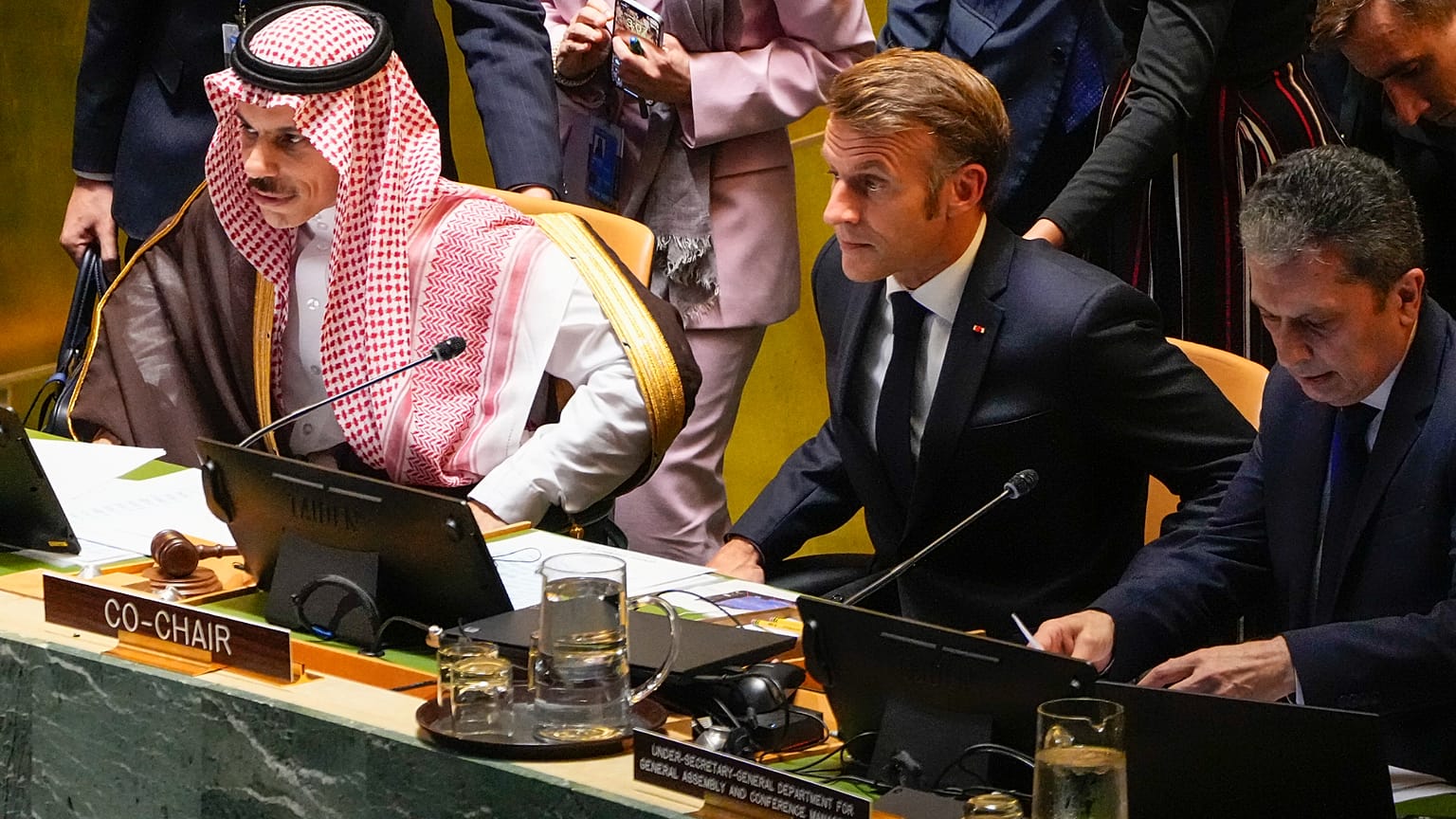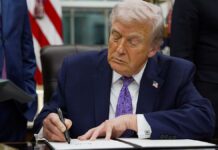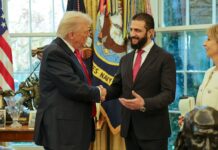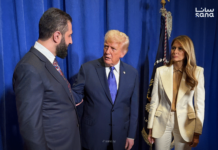
The 80th session of the United Nations General Assembly opened in New York this week with Secretary-General António Guterres calling on member states to choose “peace over war” and law over “lawlessness.” In his address, he warned that an increasingly multipolar world risks descending into “chaos” without stronger cooperation and effective global institutions.
France’s President Emmanuel Macron echoed those concerns, warning divisions were undermining the UN’s founding principles. “The world is breaking down, and that’s halting our collective capacity to resolve the major conflicts of our time,” he told the assembly. Macron urged nations not to “throw in the towel” on multilateralism, stressing that only collaboration can address climate change, military proliferation, and digital transformation.
Leaders from South Korea, South Africa, and Suriname delivered similar appeals. South Korean President Lee Jae Myung said, “The more difficult the times are, the more we must return to the basic spirit of the UN.”
Trump Promotes ‘America First’ in Defiant Speech
US President Donald Trump struck a sharply different tone, emphasizing what he called a “golden age of America.” He touted US military strength, secure borders, and economic resilience, telling delegates that the UN has offered “empty words” instead of solutions to global conflicts.
At a private meeting with Guterres later in the day, Trump softened his stance, saying the US remained “one-hundred percent” behind the UN, according to humanitarian chief Tom Fletcher. Fletcher told The Associated Press that the two leaders discussed conflict resolution, humanitarian aid, and expanding cooperation with the private sector. Still, Trump’s speech signaled growing tensions between Washington and other UN members, particularly over the war in Gaza and recognition of Palestinian statehood.
Palestinian Statehood Gains Momentum
France and Saudi Arabia co-chaired a two-state solution conference on the sidelines of the assembly, where multiple countries—including Britain, Canada, and Australia—announced recognition of Palestine. Guterres told participants that Palestinian statehood is “not a reward but a right.” Saudi Foreign Minister Faisal bin Farhan called the moment a “historic opportunity,” while Macron said it was time to achieve justice for Palestinians.
The US and Israel opposed the move, with Israel calling recognition “a reward to extremism.” At a separate Security Council session on Gaza, US Ambassador Mike Waltz denounced the meeting as a “charade” and criticized its timing during the Jewish New Year.
Focus on Syria’s Transition
Syria’s post-Assad transition also drew attention. Special Envoy Geir Pedersen announced he would step down after nearly seven years, expressing hope that the country’s transitional government would steer it toward stability. Qatar’s Emir Sheikh Tamim bin Hamad Al Thani urged the international community to support reconstruction, while Macron and other leaders stressed the importance of civil society and inclusivity in Syria’s future.
Persistent Challenges Ahead
The opening days of the assembly highlighted stark divides: between advocates of multilateralism and defenders of national sovereignty, and between calls for immediate humanitarian action and disputes over political solutions. The week’s debates will continue with addresses from leaders of Ukraine, Iran, and Syria.








